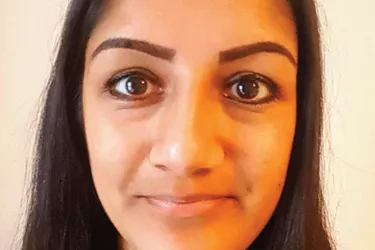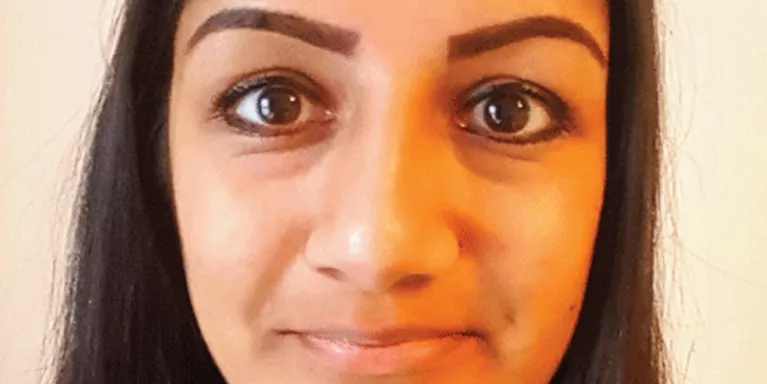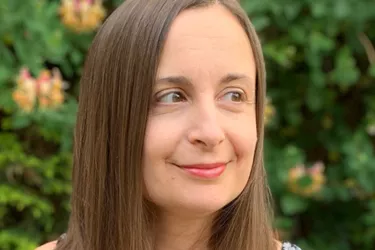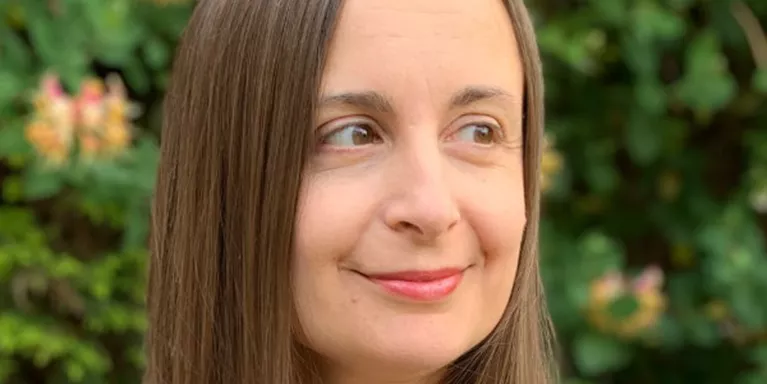Being diagnosed with BPD
Leah blogs on her journey after being diagnosed with Borderline Personality Disorder.
Relief. That was the first thing I felt when they told me that I had Borderline Personality Disorder. Huge waves of relief washing over me, until suddenly I realised I was drowning in the very same waves. I had Borderline Personality Disorder. I had something “wrong” with me.
"I spent many, many months not necessarily fighting my diagnosis but fighting the idea of being mentally unwell."
For as long as I can remember I have never felt like I was the same as everyone else. My emotions and responses were always much higher and I always seemed to find the mere act of living far more distressing than the people I knew. To finally have some recognition that it wasn’t all in my head was not the quick fix that I had always imagined it would be. In fact it was something else that was difficult and challenging that I had to try and overcome. All of a sudden my beast came out of the shadows and presented itself to me in all its glory. It bowed at me, introduced itself and then glared at me with a perfect smirk and has never looked away since.
"I had been thrown into a whole new world of psychiatrists, psychologists, care co-ordinators, support workers, medication..."
Being diagnosed came around after I went into a chronic mental health crisis. All of a sudden my life went crazy, literally overnight. A lot of it I don’t remember very much. My brain has compartmentalised what happened. My memory hazy to the point it almost feels like I have lost a whole year of my life. I was lucky enough to be given a place in a crisis house twice while being ill which was my saviour in a lot of ways. I spent four weeks each time with 24hour support, one-to-one sessions working on distress tolerance, mindfulness, and working out what it was I wanted from my life. I also got to meet a number of people who also had severe mental health illnesses and the support that I gained from them, and continue to gain from them has been really incredible. I had been thrown into a whole new world of psychiatrists, psychologists, care co-ordinators, support workers, medication all of which was unsettling, confusing and alien. Meeting and talking with people who could identify with what I was going through really helped me feel less alone. Less like my whole world was falling apart. I am also incredibly lucky to have a partner and family that continually supported me even when it was difficult for them. My partner took time off work to care for me, my family sat by my hospital bed and they gave me time when I needed to be alone.
"On a day to day basis things are still incredibly difficult and challenging."
I spent many, many months not necessarily fighting my diagnosis but fighting the idea of being mentally unwell. I felt defeated and a huge sense of injustice. Even though I had wanted someone to acknowledge my internal battle I had never thought about the consequences having a diagnosis would have on my life. All of a sudden my friends looked at me differently, and everyone seemed to believe they had a clearer idea of what was going on for me just because there was a list of symptoms and behaviours that they could google. I myself spent a lot of time reading up on borderline personality disorder and what that actually meant. That allowed me to get to know my beast better; how it worked and what it fed on. However it also made me question every decision I was making, and even decisions I had made in the past. All of a sudden I couldn’t trust my own head. Was I making a decision because it was the right one or was it a result of my borderline? If I had known I had had borderline before would I have done things differently, would I have not made the mistakes that I had made? What parts of my personality would exist if I didn’t have borderline? It was exhausting to continually second guess myself and then berate myself when I showed clear symptoms of my borderline without being able to control it.
"I have forgiven myself for not being able to deal with things the way I thought I should..."
Just over a year has passed now and I wouldn’t consider myself to be in crisis anymore. On a day to day basis things are still incredibly difficult and challenging. There was a moment when I realised what I needed to do was manage my life better in order to manage the effect it had on my life. This has meant that I am currently unable to work, I do not socialise all the time or even attempt to. What I do do is allow myself time to rest and recuperate. I spend time with people that are supportive and encouraging and avoid people that are not. I have forgiven myself for not being able to deal with things the way I thought I should and for not being the person I imagined myself being when I was a child.
"It is a beast that is still always right there but it is my beast and along with all the terrible things that come with it there are positives too."
I have started DBT (Dialectical Behaviour Therapy) and accept that for now that is what I need to be focusing on. I have accepted that I am not just my mental health and it doesn’t define me but it deserves and needs respect so we can live as harmoniously as possible. It is a beast that is still always right there but it is my beast and along with all the terrible things that come with it there are positives too. Sometimes I feel so full of love that I could burst with it. When I see new and amazing things I do not take them for granted because the emotion is so huge. If I had the option to get rid of my borderline I would not. It is difficult, distressing, exhausting and draining but it is who I am. I am learning day by day, sometimes even hour by hour, to be ok with that.
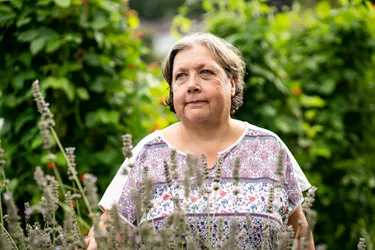

Information and support
When you’re living with a mental health problem, or supporting someone who is, having access to the right information - about a condition, treatment options, or practical issues - is vital. Visit our information pages to find out more.
Share your story with others
Blogs and stories can show that people with mental health problems are cared about, understood and listened to. We can use it to challenge the status quo and change attitudes.












